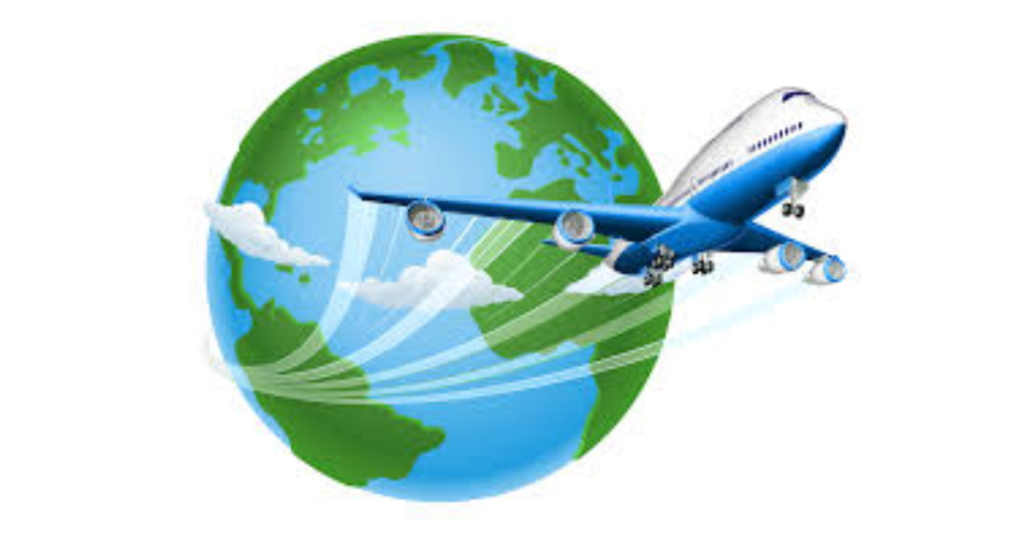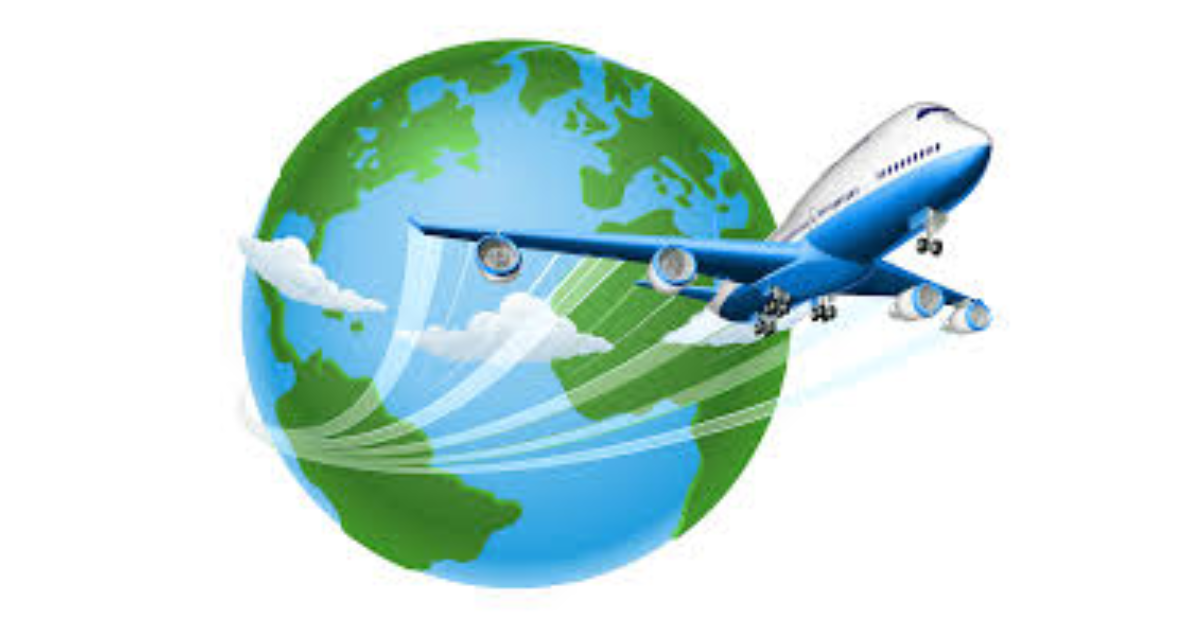In academia, conferences serve as hubs of knowledge exchange, professional networking, and scholarly advancement. They provide students, researchers, and faculty members with the opportunity to present their findings, engage in critical discussions, and stay updated on the latest developments in their fields. However, attending conferences often comes with significant financial burdens. The cost of travel, accommodation, registration fees, and other expenses can be prohibitive, especially for students and early-career scholars. University conference travel grants are designed to alleviate this burden, providing the necessary funding to allow deserving individuals to participate in these transformative events.

The Role of University Conference Travel Grants
Academic conferences are vital for the dissemination of research, offering scholars a platform to present their work, receive feedback, and collaborate with peers from around the world. For students, particularly those pursuing graduate and doctoral degrees, attending conferences is often a requirement for completing their programs or enhancing their professional profiles. Faculty members also benefit from presenting their research and networking with colleagues at such events.
However, the cost of attending conferences can be substantial. Airfare, hotel accommodations, and conference fees add up quickly, making it difficult for many scholars to participate—especially those without institutional or external funding. This is where university conference travel grants play a crucial role. By providing financial support, these grants ensure that deserving scholars can engage in academic events without being held back by financial constraints.
Who Can Apply for University Conference Travel Grants?
Eligibility for university conference travel grants varies from institution to institution, but the majority of grants are aimed at students and early-career researchers. Here’s a breakdown of the typical groups that can apply:
- Undergraduate Students: Some universities offer travel grants to undergraduates who are actively involved in research or have been selected to present at conferences. These grants are generally limited but can provide valuable support for young scholars.
- Graduate and Doctoral Students: Graduate students, including those pursuing master’s and doctoral degrees, are the primary recipients of conference travel grants. Attending and presenting at conferences is often essential for their academic progression and future career prospects, making these grants indispensable for many.
- Postdoctoral Researchers: Postdocs, who are in the process of establishing their independent research careers, often rely on travel grants to present their work and expand their academic networks. Many universities include postdocs in their travel grant programs to support their professional development.
- Faculty Members: While the majority of conference travel grants are directed toward students, some universities also provide funding for junior and senior faculty members. Faculty may apply for these grants if they are presenting at conferences or participating in a capacity that enhances the institution’s research profile.
Eligibility Criteria for Travel Grants
Although eligibility requirements can vary between universities, certain core criteria are common across most institutions. Applicants must typically meet the following conditions:
- Institutional Affiliation: Applicants must be currently enrolled as students or employed as faculty members at the university offering the travel grant. Some grants are specific to certain departments or disciplines, so it’s important to check the eligibility details for each program.
- Accepted Conference Presentation: Most travel grants require that applicants have had their paper, poster, or presentation accepted by the conference. Proof of acceptance is often a prerequisite for applying for funding.
- Research Relevance: The research being presented at the conference must align with the applicant’s academic program or field of study. This ensures that the conference is relevant to the scholar’s professional development.
- Financial Need or Merit: Some grants are awarded based on financial need, while others are merit-based, with funding given to applicants who demonstrate outstanding academic achievement or research potential. Applicants may need to provide evidence of financial need or academic merit as part of the application process.
- Budget Submission: A detailed budget outlining the anticipated costs of attending the conference—including travel, accommodation, registration fees, and meals—is typically required. Applicants must justify each expense and provide quotes or estimates where applicable.
Additional factors that may influence eligibility include the location of the conference (international vs. domestic) and whether the applicant has received travel funding from other sources. Some universities may prioritize students and researchers attending high-impact conferences or events that align with the university’s strategic goals.
The Application Process for University Conference Travel Grants
Applying for a university conference travel grant is a competitive process that requires careful attention to detail. Although the specifics of each application may vary, the following steps are typically involved:
- Complete the Application Form: Most universities provide an online application form where applicants must enter personal information, conference details, and information about their research. It’s important to complete all fields accurately and thoroughly.
- Submit a Statement of Purpose: A well-written statement of purpose is crucial to the success of a travel grant application. Applicants should explain how attending the conference will contribute to their academic and professional goals. Highlighting the relevance of the conference to the applicant’s research and the potential for networking or collaboration can strengthen the application.
- Provide a Detailed Budget: Applicants must submit a realistic and detailed budget that outlines all anticipated costs. Be specific and transparent about each expense, and ensure that the budget is aligned with the funding available from the grant. Supporting documents such as flight quotes, hotel bookings, or conference registration fees may be required.
- Proof of Conference Participation: Many applications require proof that the applicant has been accepted to present at the conference. This could include an official letter or email from the conference organizers confirming the presentation.
- Additional Supporting Documents: Depending on the university, applicants may need to submit additional documents such as academic transcripts, letters of recommendation, or a CV. These documents help demonstrate the applicant’s academic standing and qualifications.
Once submitted, applications are typically reviewed by a committee of faculty members or administrators who assess the academic merit, financial need, and potential impact of the applicant’s participation in the conference.
Benefits of University Conference Travel Grants
Receiving a conference travel grant can have a profound impact on a scholar’s academic and professional journey. Below are some of the key benefits:
- Financial Relief: The most immediate benefit of a travel grant is the financial assistance it provides. Grants can cover a significant portion of the expenses associated with attending a conference, reducing the financial burden on students and early-career researchers.
- Academic Exposure: Presenting at conferences offers invaluable exposure to the academic community. Scholars can share their research with a broader audience, receive feedback from experts, and improve the quality of their work based on constructive criticism.
- Networking and Collaboration: Conferences provide an excellent opportunity to build professional networks. Attendees can connect with fellow researchers, potential collaborators, mentors, and even future employers. These connections can lead to collaborative research projects, funding opportunities, or career advancements.
- Professional Development: For students and early-career researchers, attending conferences helps develop essential skills such as public speaking, presenting research, and responding to questions from peers. These experiences are critical for career advancement and academic growth.
- Institutional Visibility: Universities benefit when their students and faculty members present at national or international conferences. It enhances the institution’s reputation, promotes its research capabilities, and strengthens its ties with other academic institutions.
Common Challenges and How to Overcome Them
While university conference travel grants offer numerous benefits, securing one is not always easy. Below are some common challenges faced by applicants, along with strategies for overcoming them:
- Limited Funding Availability: Most universities have limited travel grant budgets, meaning that not all applicants will receive funding. Those who do may only receive partial support. Solution: Applicants should explore multiple funding sources. In addition to university travel grants, they can seek funding from professional associations, external fellowships, or departmental budgets. Applying for multiple grants increases the chances of securing adequate funding.
- Tight Deadlines: Conference submission deadlines and grant application deadlines may not always align, making it challenging to secure funding in time for travel arrangements. Solution: Plan ahead and keep track of both conference and university deadlines. Submit applications as early as possible to avoid last-minute complications.
- Highly Competitive Process: Due to limited funds, the application process can be highly competitive, especially for prestigious conferences or in high-demand fields. Solution: To improve the chances of success, applicants should submit a compelling and well-prepared application. Emphasize the impact of the conference on both personal academic growth and the university’s reputation.
Tips for Writing a Strong Travel Grant Application
Here are a few best practices for crafting a successful travel grant application:
- Tailor the Application: Ensure that the application is customized to the specific requirements of the grant. Avoid generic responses, and clearly outline how the conference aligns with your research and academic goals.
- Emphasize the Impact: Make a compelling case for how attending the conference will benefit both you and your university. Demonstrating a clear link between your participation and the advancement of your research or career can strengthen your application.
- Be Detailed and Transparent: When submitting your budget, provide a clear and detailed breakdown of all expenses. Be realistic and avoid inflating costs, as an unbalanced budget can hurt your chances.
- Proofread and Seek Feedback: Before submitting your application, proofread it carefully. It can also be helpful to have a faculty advisor or mentor review your materials to provide feedback and suggest improvements.
Conclusion
University conference travel grants play a critical role in enabling scholars to participate in academic conferences, removing financial barriers and facilitating the exchange of ideas. These grants not only benefit individual researchers by enhancing their professional development but also contribute to the university’s reputation and the broader academic community.
By understanding the application process, crafting a strong submission, and demonstrating the relevance of the conference to their academic journey, scholars can maximize their chances of securing a travel grant. Whether a student or a faculty member, the opportunity to present research at a prestigious conference can have lasting benefits for one’s career, making travel grants an invaluable resource in the academic world.
